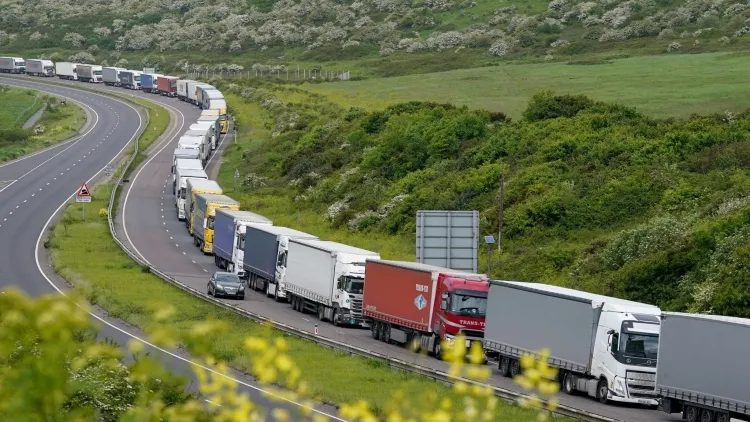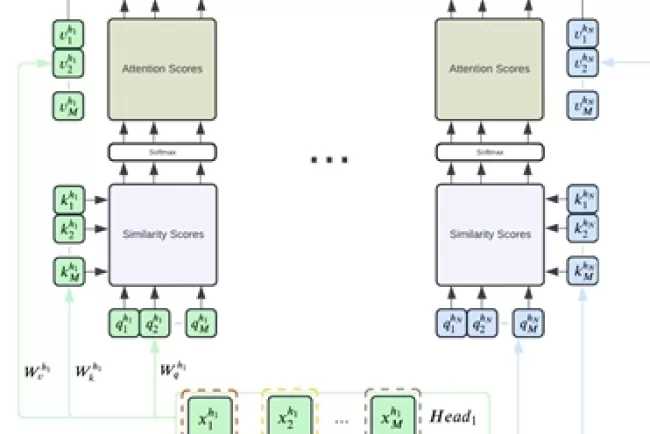Lorries: The Backbone of Industry and the Future of Sustainable Transport...!!!
Lorries are indispensable vehicles that support a wide range of industries and services. Their versatility, capacity, and efficiency make them essential for transporting goods, materials, and equipment. As technology continues to advance, the future of lorries promises even greater improvements in sustainability, safety, and operational efficiency.

Lorries, also referred to as trucks in many regions, are powerful and versatile vehicles designed for transporting goods and materials over various distances. They play a critical role in the logistics and transportation industry, ensuring the efficient movement of products from manufacturers to consumers.
Types of Lorries
-
Light-Duty Lorries:
-
Pickup Trucks: Pickup trucks are light-duty vehicles with an open cargo area at the back. They are commonly used for transporting small loads and are popular among businesses and individuals for their versatility. Examples include the Ford F-150, Toyota Hilux, and Chevrolet Silverado.
-
Panel Vans: Panel vans are enclosed light-duty lorries with a large cargo area. They are often used for deliveries, trades, and service businesses. Examples include the Ford Transit, Mercedes-Benz Sprinter, and Volkswagen Transporter.
-
Mini Trucks: These are small trucks designed for light loads, often used in urban areas for deliveries and small-scale transport. Examples include the Suzuki Carry, Tata Ace, and Piaggio Porter.
-
-
Medium-Duty Lorries:
-
Box Trucks: Box trucks, also known as cube trucks or straight trucks, have an enclosed cargo area attached to the chassis. They are commonly used for moving household goods, retail deliveries, and logistics. Examples include the Isuzu N-Series, Hino 300, and Mitsubishi Fuso Canter.
-
Flatbed Trucks: Flatbed trucks have an open cargo bed without sides or a roof, making them suitable for transporting large, heavy, or irregularly shaped items. Examples include the Iveco Eurocargo, MAN TGM, and Tata LPT 1613.
-
Refrigerated Trucks: These lorries are equipped with refrigeration units to transport perishable goods that require temperature control, such as food, pharmaceuticals, and flowers. Examples include the Mercedes-Benz Atego, Volvo FL, and DAF LF.
-
-
Heavy-Duty Lorries:
-
Articulated Lorries: Also known as semi-trucks or tractor-trailers, these heavy-duty lorries consist of a tractor unit and a detachable trailer. They are used for long-distance haulage and can carry large volumes of goods. Examples include the Freightliner Cascadia, Volvo FH, and Scania R-Series.
-
Dump Trucks: Dump trucks are designed to transport loose materials such as sand, gravel, and demolition waste. They have a hydraulic lift that tilts the cargo bed to unload the materials. Examples include the Caterpillar 797, Komatsu HD785, and Volvo A40.
-
Tanker Trucks: Tanker trucks are specialized lorries designed to transport liquids, gases, or bulk materials. They are commonly used for hauling fuel, chemicals, and water. Examples include the Kenworth T800, Peterbilt 379, and Mack Granite.
-
-
Specialized Lorries:
-
Logging Trucks: These lorries are specifically designed to transport logs from forests to processing plants. They often have reinforced frames and special securing mechanisms. Examples include the Western Star 4900, Kenworth W990, and Mack Pinnacle.
-
Car Transporters: Car transporters, also known as car carriers or auto transport trucks, are used to transport multiple vehicles simultaneously. They have multiple levels and ramps for loading and unloading cars. Examples include the Volvo FM Car Transporter, Scania G Series, and Mercedes-Benz Actros.
-
Concrete Mixer Trucks: Concrete mixer trucks are equipped with a rotating drum that mixes concrete while in transit, ensuring it remains usable until it reaches the construction site. Examples include the Mack Granite Mixer, Kenworth T880S, and Peterbilt 567.
-

Uses of Lorries
-
Freight and Logistics:
-
Lorries are the backbone of the logistics industry, transporting goods from manufacturers to distribution centers, retailers, and consumers. They facilitate the efficient movement of a wide range of products, including consumer goods, raw materials, and industrial equipment.
-
-
Construction and Infrastructure:
-
In the construction industry, lorries transport essential materials such as cement, sand, gravel, steel, and lumber to construction sites. Specialized lorries like dump trucks, concrete mixers, and flatbeds play a vital role in infrastructure development.
-
-
Agriculture:
-
Lorries are used to transport agricultural products from farms to markets, processing plants, and storage facilities. They carry crops, livestock, feed, and farming equipment, supporting the agricultural supply chain.
-
-
Retail and E-commerce:
-
With the growth of e-commerce, lorries are increasingly used for delivering products directly to consumers. Delivery vans and medium-duty trucks handle last-mile deliveries, ensuring timely and efficient service.
-
-
Public Services:
-
Lorries are employed in various public services, such as waste management (garbage trucks), road maintenance (gritters and sweepers), and emergency response (fire trucks and rescue vehicles).
-
-
Specialized Transportation:
-
Certain industries require specialized lorries for specific tasks. For example, tanker trucks transport hazardous materials, refrigerated trucks carry temperature-sensitive goods, and logging trucks move timber.
-
Technological Advancements in Lorries
The lorry industry has seen significant technological advancements aimed at improving efficiency, safety, and environmental sustainability. Some of these advancements include:
-
Electric and Hybrid Lorries:
-
Electric and hybrid lorries are gaining popularity due to their reduced emissions and lower operating costs. Companies like Tesla, Volvo, and Daimler are developing electric trucks with extended ranges and fast charging capabilities.
-
-
Autonomous Lorries:
-
Autonomous driving technology is being integrated into lorries to enhance safety and efficiency. Companies like Waymo, Daimler, and Volvo are testing self-driving trucks that can operate with minimal human intervention.
-
-
Telematics and Connectivity:
-
Modern lorries are equipped with telematics systems that provide real-time data on vehicle performance, location, and driver behavior. This data helps fleet managers optimize routes, monitor maintenance needs, and improve overall efficiency.
-
-
Advanced Safety Features:
-
Safety features such as collision avoidance systems, lane departure warnings, adaptive cruise control, and automatic emergency braking are being incorporated into lorries to reduce accidents and enhance driver safety.
-
Lorries are indispensable vehicles that support a wide range of industries and services. Their versatility, capacity, and efficiency make them essential for transporting goods, materials, and equipment. As technology continues to advance, the future of lorries promises even greater improvements in sustainability, safety, and operational efficiency.
What's Your Reaction?

















